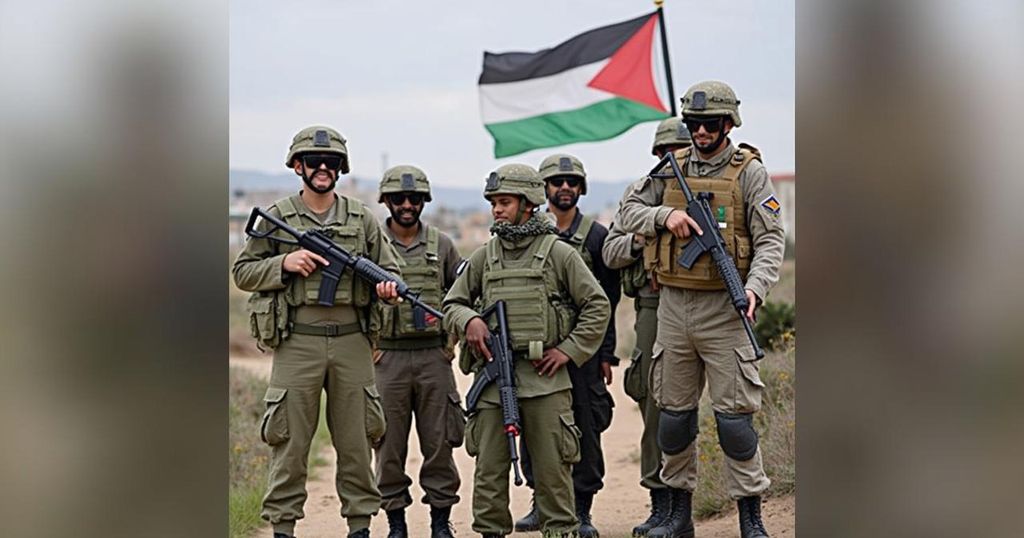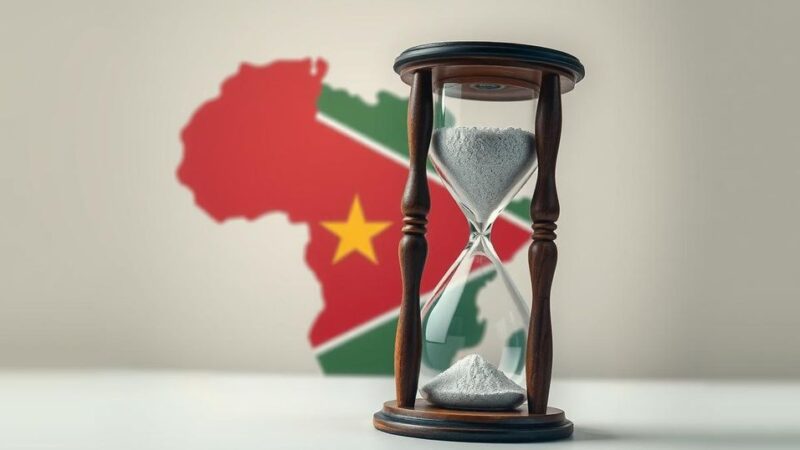The U.S. has urged Israel to improve humanitarian conditions in Gaza or risk military aid implications. Simultaneously, tensions with Hezbollah are rising as Israeli attacks increase in Lebanon, drawing strong responses from Hezbollah’s leadership. The humanitarian situation is deteriorating significantly in both regions, leading to urgent calls for investigation and action from international bodies.
The Biden administration is urging the Israeli government to enhance the humanitarian conditions in Gaza within 30 days, following reports of significant civilian suffering due to the ongoing conflict. The humanitarian situation has been exacerbated by actions such as the blockade on northern Gaza, which the United Nations suggests could constitute a “large-scale forced transfer” of civilians and may breach international law. Israeli Prime Minister Benjamin Netanyahu has expressed intentions to continue military operations targeting Hezbollah in Lebanon while maintaining a defensive posture concerning Iran. Hezbollah’s leadership has warned that continued Israeli military actions could lead to increased aggression, urging Israeli citizens to accept a ceasefire to avoid further escalation. Israeli military strikes in Lebanon have reached unprecedented levels, with Lebanese officials reporting over 10,000 attacks, resulting in substantial casualties and displacements among civilians. The Israeli Defense Forces (IDF) have aggressively targeted what they allege are Hezbollah sites, although this has led to significant civilian suffering, raising alarms about war crimes due to the heavy toll on non-combatants. Concurrently, aid to Gaza has decreased by more than 50%, prompting concerns from Washington that Israel’s military aid might be jeopardized if humanitarian improvements are not forthcoming. As tensions escalate, the need for a diplomatic solution becomes increasingly critical.
The complex geopolitical landscape of the Israeli-Palestinian conflict, exacerbated by regional dynamics involving Iran and Hezbollah, complicates humanitarian efforts in Gaza and Lebanon. The United Nations has pinpointed Israel’s actions, particularly the sealing off of northern Gaza, as a potential war crime, while reports indicate a severe humanitarian crisis, with hospitals in Gaza struggling under the impact of bombing campaigns. The U.S. government, recognizing the implications of these developments on foreign military assistance, has pressed Israel to take swift action to alleviate the worsening crisis, emphasizing the dire need for cross-border cooperation in relief efforts as the region braces for further military escalation.
The situation in Gaza and Lebanon remains dire, with pressing humanitarian needs overshadowed by military operations. With escalating tensions between Israel and Hezbollah, and increasing international scrutiny on Israel’s actions, the Biden administration’s insistence on humanitarian improvements highlights the delicate balance between military strategy and the moral obligations of governance. As called for by various entities including the United Nations, immediate and concerted efforts toward a resolution are imperative to prevent further humanitarian disaster and to restore sustainability in the region.
Original Source: www.cnn.com






